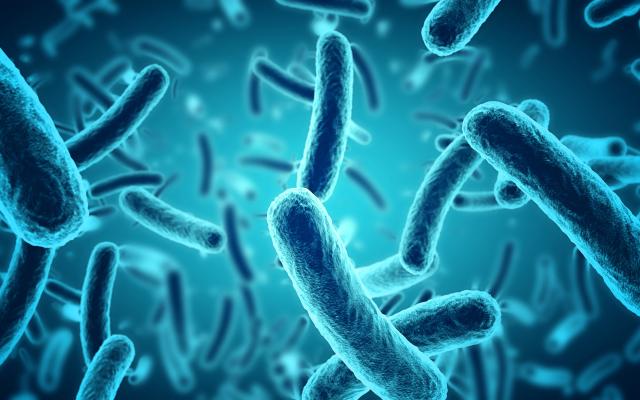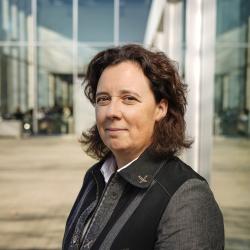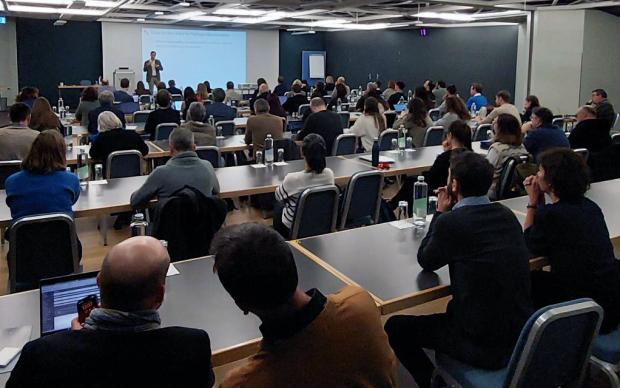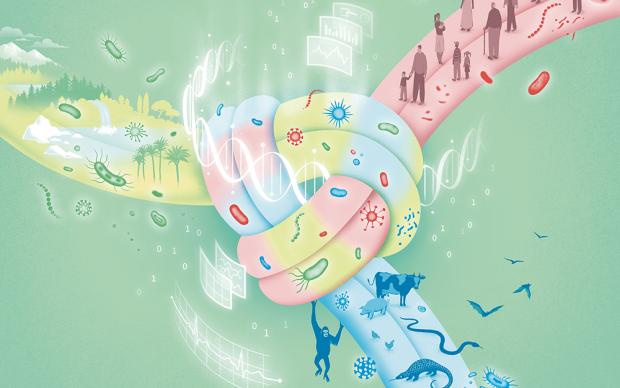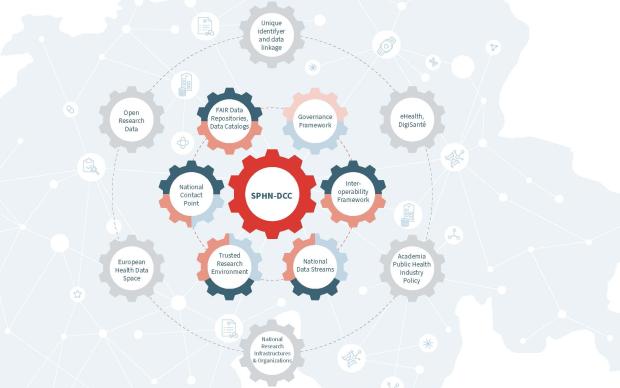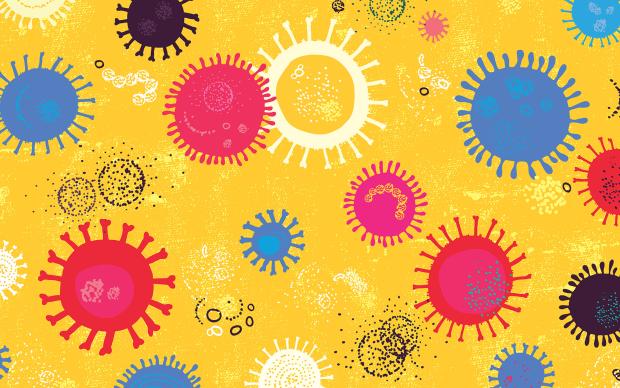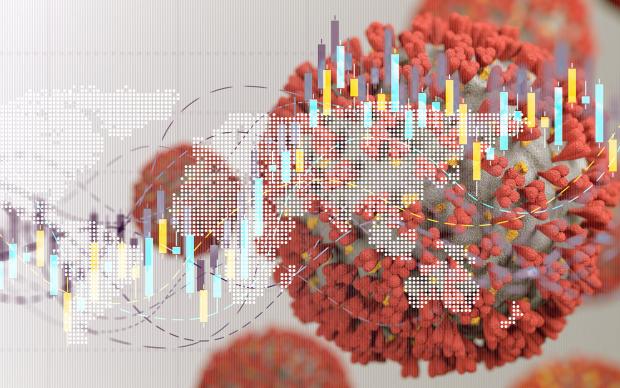Antibiotic resistance is becoming an ever-greater global problem. The Swiss Pathogen Surveillance Platform (SPSP) is an important tool for monitoring and containing antibiotic-resistant and dangerous bacteria and viruses. This interview by Alexandra Bucher was originally published in Basler Zeitung's Life Science special supplement of 2 September 2022. It has been edited for length and translated from German.

Life science special supplement (02.09.22), by Alexandra Bucher (edited for length and translated from German)
The SPSP platform makes the genetic data of pathogens available to researchers and laboratories in Switzerland and around the world. The aim is to better understand the spread of antibiotic-resistant and dangerous bacteria and to combat them. Aitana Neves is Team Lead Data Science at SIB, and responsible for SPSP. She and Adrian Egli answer questions about the platform in this interview. Adrian Egli is a clinical microbiologist and heads the Institute for Medical Microbiology at the University of Zurich. He is the project leader and co-founder of SPSP.
Antibiotic resistance is increasing all over the world. What are the reasons for this?
Adrian Egli: Antibiotics are widely used in both human and veterinary medicine. As a result, antibiotics can accumulate in the environment. Due to widespread and uncontrolled use, bacteria become resistant and return to humans from the environment and from animals, including via the food chain. Over the years, this cycle has led to an increase in antibiotic resistance.
You are also studying viruses such as SARS-CoV-2. Why?
Adrian Egli: Fortunately, viruses that cause respiratory infections do not develop as many resistance problems. But viruses can make people very seriously ill. What we want to know about viruses – especially SARS-CoV-2 – is whether, for example, a new variant is coming along, for which the vaccine is no longer useful. With surveillance, we can assess what is currently circulating, and whether a vaccine is still effective.
What are the parallels between the investigation of viruses and of antibiotic-resistant bacteria?
Aitana Neves: In both cases, we determine the mutations in the genetic material of the microorganisms by sequencing it. This allows us to trace the development of SARS-CoV-2 or a bacterium and to monitor the transmission chains. We compare different bacterial or viral isolates to see whether they are related or not. We study the accumulation of mutations over time. Then we ask ourselves what other factors might favour transmission - be it age, gender or geographical location such as cantonal affiliation.
When, how and why did you start SPSP? What is the Swiss Institute of Bioinformatics and how does it relate to SPSP?
Aitana Neves: SIB is a national organisation that deals with biological and biomedical data. All hospitals and clinical laboratories can submit sequencing data to SIB, which has the expertise to store and manage this sensitive data. When we met with Adrian Egli many years ago, we had the idea for the platform. And that's how it started: we brought all the research institutions together, and SIB built the platform.
How has the platform developed since then?
Adrian Egli: The SARS-CoV-2 pandemic certainly gave our platform a boost. We all realised how important it is to know which variants are circulating. Originally, we were a smaller group of researchers. During the corona pandemic, more researchers and labs joined us. In the meantime, the universities and university hospitals of Basel, Bern, Geneva, Lausanne and Zurich and many other cantonal and private laboratories have joined SPSP. All sequencing data in Switzerland runs through SPSP.
You are supporting the Federal Office of Public Health (FOPH) in connection with the corona pandemic to track the variants. What form does this support take?
Aitana Neves: Since July 2021, all private and public laboratories have been forwarding their sequences to SPSP. This helps the FOPH in that it receives and can channel all genetic information on SARS-CoV-2 from a central location. SPSP sends a report to the FOPH three times a week. Before that, we analyse the data, standardize it and put it into a form that the FOPH can work with. So, the FOPH knows where the virus and its variants are circulating. The FOPH then packages this data for its COVID-19 dashboard, which it updates regularly and makes publicly available.
SPSP contributes to Open Science. What does that mean?
Aitana Neves: It means that researchers all over the world can access the anonymized data and especially the genetic information of the microorganisms. SPSP has been very active in sharing COVID-19 sequencing. As a result, Switzerland is one of five countries providing the most freely accessible SARS-CoV-2 sequences in the world. It positions Switzerland as an international leader in this area of research and makes a significant contribution to improved understanding of the spread of infectious diseases.
Looking to the future: what happens if we don't manage to eradicate multi-resistant bacteria?
Adrian Egli: I like to compare it to climate change. We only feel it gradually. But climate change is a serious reality and is slowly but steadily increasing. Antibiotic resistance is also a problem that is slowly increasing. It is enormously important that we become aware of the problem and influence the use of antibiotics. We need antibiotics in very everyday situations, for example in a caesarean section or when someone gets pneumonia during chemotherapy. Such treatments will no longer be possible when we have multi-resistant germs.


